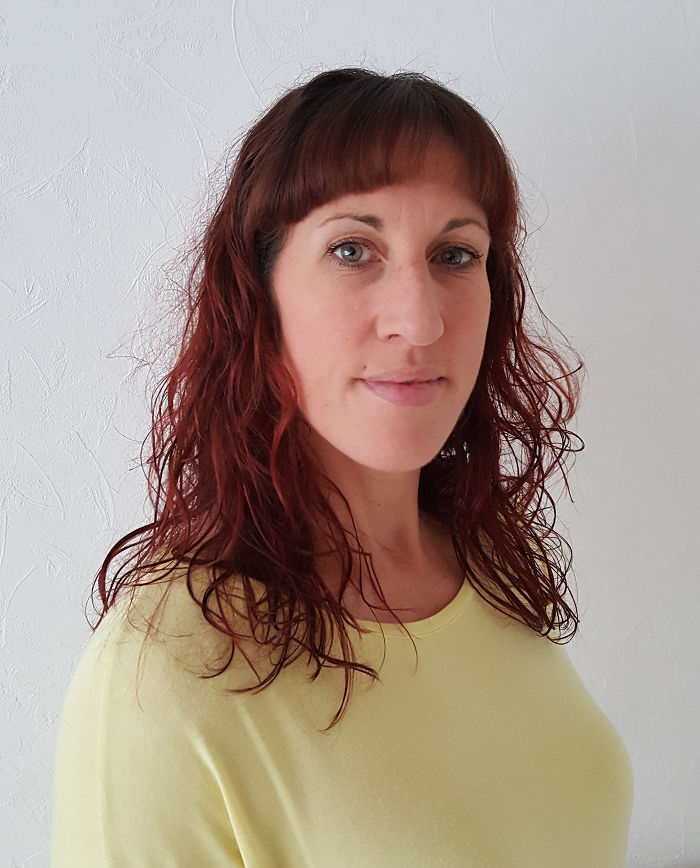
How and/or why did you become a therapist?
My reason for becoming a Therapist was due to having a confusing childhood. I really wanted and needed to understand myself and other people, the way we think, feel and behave. My own personal issues led me to seek counselling in my teens, and Counselling training followed in my 20’s. I want to be the therapist I would have wanted when I was really struggling to understand and shift my own mental health. I have always believed that people have the potential to grow, develop, change or accept who they are and I want to be able to help facilitate that in my clients.
I started a Counselling Listening skills course, up to Level 6, at Hull University. I then completed my Counselling and Psychotherapy training at SCPTI (Scarborough). I have since completed a Therapy with Adolescents certificate with The Relational Academy in Cambridge.
What are the most rewarding aspects of being a therapist?
I have many rewarding moments but a lovely one in particular was receiving a card from the Mother of a young woman, who came to me experiencing anxiety and low self-esteem, to tell me that her daughter was a ‘different girl to the one I brought to you a year ago…her transition to Uni went better than she expected and she seems to be loving it’.
When clients have a ‘breakthrough’, having become aware of something of themselves they hadn’t realised before, or coming back the following session to reflect how they’d tried something different in their lives which had a positive emotional impact, is always rewarding.
What’s unique or special in your background or approach to interpersonal relationships?
I feel that I have a very honest approach to my work and my own background and experiences help inform my intuitions, hunches and approach to how I might gently challenge my client in order to bring about their own awareness.
What are some things about therapy that you want to increase public awareness about?
Therapy is for anyone. It is not a sign of weakness to seek emotional support, rather, a sign of bravery. Therapy is not a quick fix, nor should it pretend to be. Therapy becomes part of your journey of understanding, awareness, self-acceptance, perhaps even change and one of the most important and rewarding parts is the therapeutic relationship between therapist and client. When a client says they feel listened to, understood, heard, not judged and supported, to name but a few, then they potentially go away feeling more wise about themselves than before they came.
Bio
Emily Rooney is A Relational Counsellor and Integrative Psychotherapist for 7 years, supporting adults and young people in Whitby, Scarborough and Filey. You can learn more about her at https://psychotherapywithemily.com/.